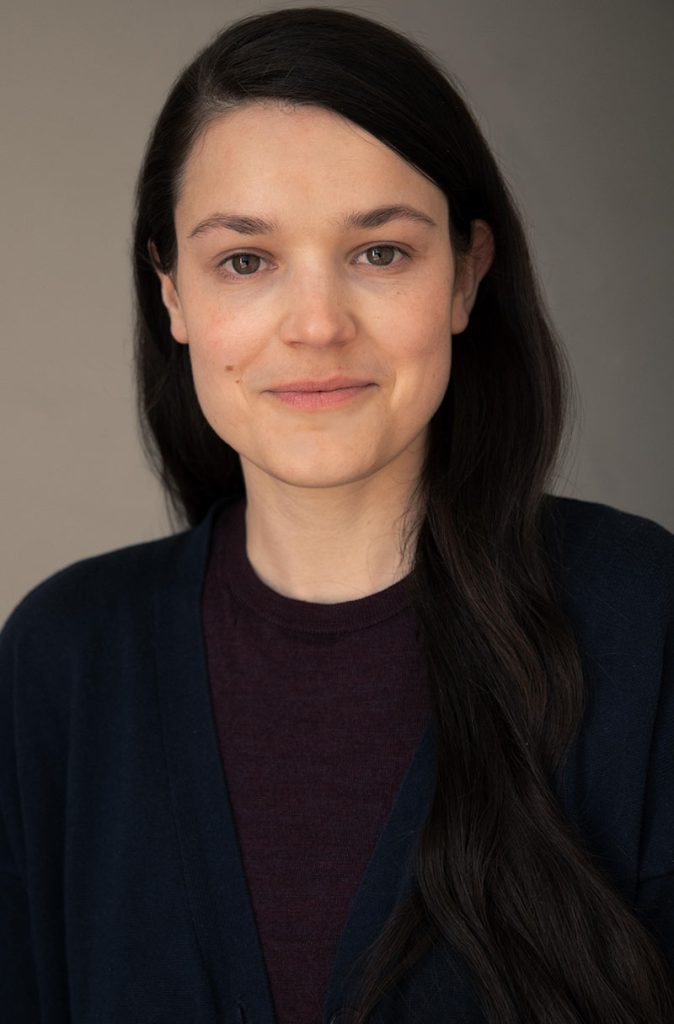After initially studying Arabic, I was so intrigued by its language system that I switched to Semitic studies soon afterwards. Throughout my studies, I have thus occupied myself with the broad range of fields that the study of Semitic languages has to offer. As such, Hebrew (Bible and Qumran), Aramaic (Bible, Qumran, and Mandaic), and Judeo-Arabic, as well as work with manuscripts, have emerged as particular areas of interest of mine.
To combine some of these adjacent but distinct fields of scholarship, I decided to write my doctoral dissertation on Ibn Ǧanāḥ’s Kitāb al-uṣūl. This dictionary of Biblical Hebrew, written in Judeo-Arabic in the 11th century, is a seminal work of Hebrew lexicography whose influence is by no means limited to the Middle Ages but extends well into modern times. After his predecessor Ḥayyūǧ had postulated the theory of triliteral roots, which is still prevalent in today’s scholarship, Ibn Ǧanāḥ was able to develop it systematically in his Kitāb al-uṣūl. Moreover, he does not merely offer translations and brief explanations of Hebrew words occurring in the Bible. Frequently, he also engages in elaborate, both theologically and philosophically informed discussions on the meaning of the biblical text as well. Thus, beyond the more technical aspects of lexicographical and grammatical subtleties, the Kitāb al-uṣūl also makes for an intriguing read owing to Ibn Ǧanāḥ’s intellectual originality and versatility.
Within the framework of my doctoral dissertation, I will thus provide a new edition of approximately a third of the text (covering the introduction and the dictionary proper down to the letter ח) in addition to a translation into German. Moreover, because Ibn Ǧanāḥ’s lexicographical endeavours form the backdrop against which he developed his extensive explanations of the biblical text, I will also examine his exegetical methods. Specifically, I will explore his approach to literal and figurative language in the Hebrew Bible, whilst also clarifying how the relationship between the two is reflected in individual dictionary entries.
l.gzella@campus.lmu.de
Areas of Interest
Ibn Ǧanāḥ, Judeo-Arabic, (medieval) Hebrew lexicography, Hebrew palaeography, Hebrew codicology, biblical exegesis
Historical Periods of Interest
Middle Ages
Education
2022 –
PhD Candidate in Judaic Studies, Ludwig-Maximilians-Universität (LMU), Munich (working thesis title: “Ibn Ǧanāḥ’s Kitāb al-uṣūl: א to ח, Critically Edited and Translated, Elucidating his Philological Approach to Exegesis”; supervisor: Ronny Vollandt)
2018 – 2021
MA in Hebrew and Aramaic Studies, Leiden University, Netherlands
2019 – 2020
Assyriology, Higher School of Economics National Research University, Moscow (semester abroad), Russia
2016 – 2017
Modern Standard and Levantine Arabic, German Jordanian University, Amman (semester abroad), Jordan
2014 – 2018
BA in Arabic and Semitic Studies, Freie Universität (FU), Berlin
Positions
2018 – 2018
Internship, Oriental Department of the Berlin State Library
2017 – 2017
Tutor, Biblical Hebrew, Freie Universität (FU), Berlin
2015 – 2016
Mentor, Department of Arabic Studies, Freie Unversität (FU), Berlin
Awards and distinctions
2022 –
Doctoral scholarship, Cusanuswerk, Bischöfliche Studienförderung
2017 – 2021
Studienstiftung des Deutschen Volkes (German Academic Scholarship Foundation)
2019 – 2020
Metropolen in Osteuropa (a joint scholarship of the German Academic Scholarship Foundation and the Alfried Krupp von Bohlen und Halbach-Stiftung), for the studies abroad in Moscow, Russia
2016 – 2017
Scholarship of the DAAD (German Academic Exchange Service), for the studies abroad in Amman, Jordan


